Like many people, you may spend decades putting money into your IRA and your 401(k) or similar employer-sponsored retirement plan. But eventually you will want to take this money out – if you must start withdrawing some of it. How can you make the best use of these funds? To begin with, here’s some background: When you turn 70 ½, you need to start withdrawals – called required minimum distributions, or RMDs – from your traditional IRA and your 401(k) or similar employer-sponsored retirement plan, such as a 457(b) or 403(b). (A Roth IRA is not subject to these rules; you can essentially keep your account intact for as long as you like.) You can take more than the RMD, but if you don’t take at least the minimum (which is based on your account balance and your life expectancy), you’ll generally be taxed at 50% of the amount you should have taken – so don’t forget these withdrawals. Here, then, is the question: What should you do with the RMDs? If you need the entire amount to help support your lifestyle, there’s no issue – you take the money and use it. But what if you don’t need it all? Keeping in mind that the withdrawals are generally fully taxable at your personal income tax rate, are there some particularly smart ways in which you can use the money to help your family or, possibly, a charitable organization? Here are a few suggestions:
- Help your grown children with their retirement accounts. Your grown children may not always be able to afford to “max out” on their IRAs. You might want to help them with any excess funds from your own retirement accounts. You can give $15,000 per year, per recipient, without incurring any gift taxes – an amount far higher than the current annual IRA contribution limit of $6,000 (or $7,000 for individuals 50 or older).
- Help your grandchildren pay for college. You might want to contribute to an investment specifically designed to build assets for college. A financial professional can help you choose which investments might be most appropriate. Of course, if your grandchildren are already in college, you are free to simply write a check to the school to help cover tuition and other expenses.
- Help support a charitable organization. Due to recent changes in tax laws, many individuals now claim a standard deduction, rather than itemizing. As a result, there’s less of an incentive, from a tax standpoint, for people to contribute to charitable organizations.
- But if you’d still like to support a charitable group and gain potential tax benefits, you might want to consider moving some, or all, of your required distributions from your IRA to a charity. You can transfer up to $100,000 from your IRA in this type of qualified charitable distribution, thus meeting your RMD requirements without adding to your taxable income. Furthermore, this move might keep you in a lower tax bracket. (Before making this transfer, though, you will need to consult with your tax advisor.)
Your RMDs can contribute greatly to your retirement income, but, as we’ve seen, they can do even more than that – so use them wisely. This article was written by Edward Jones for use by your local Edward Jones Financial Advisor. Sign up to receive updates and the Friday File email notices. Support local, independent news – contribute to The Fallon Post, your non-profit (501c3) online news source for all things Fallon. 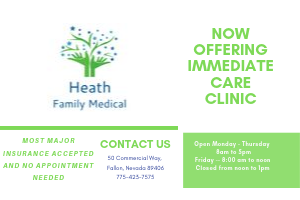

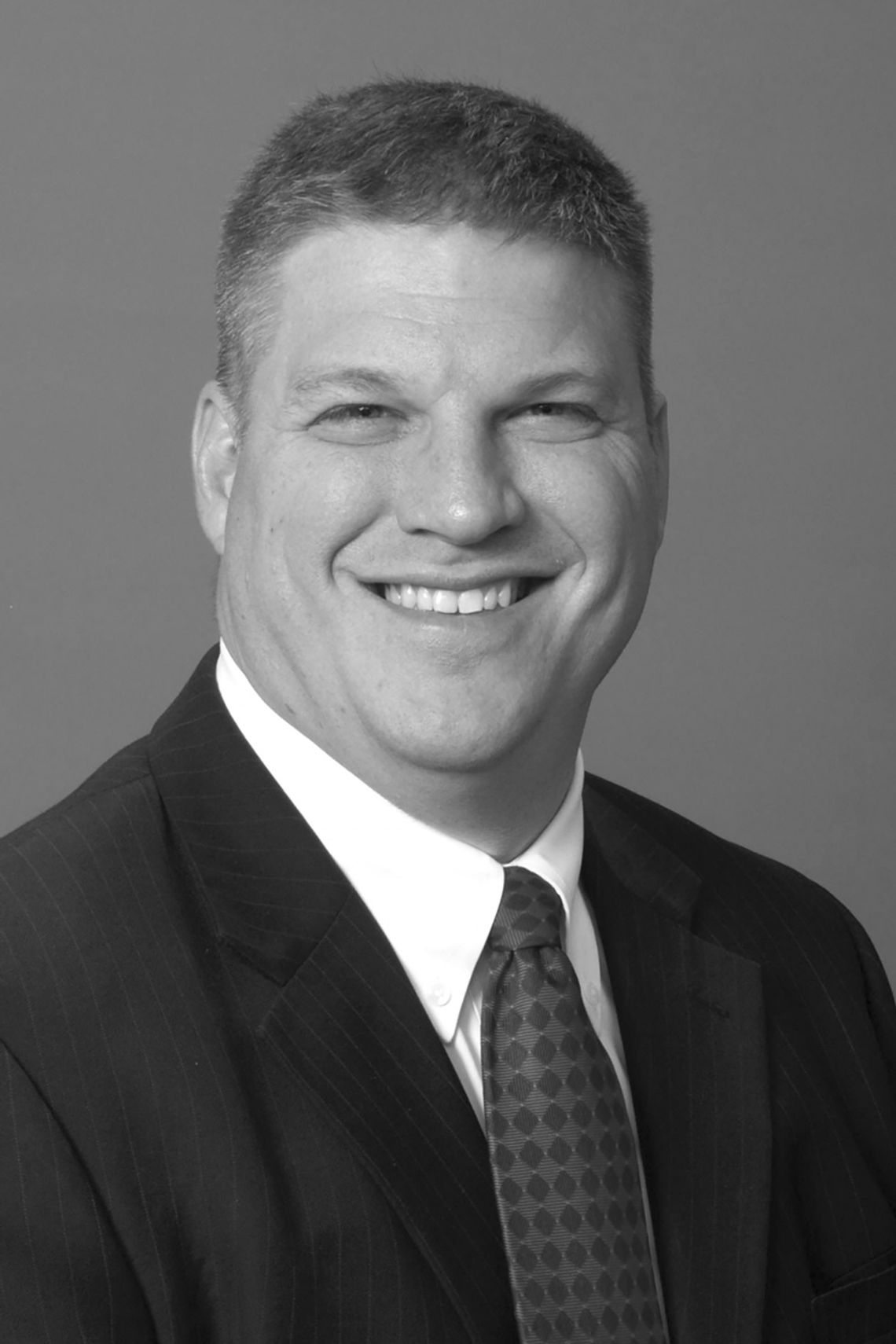
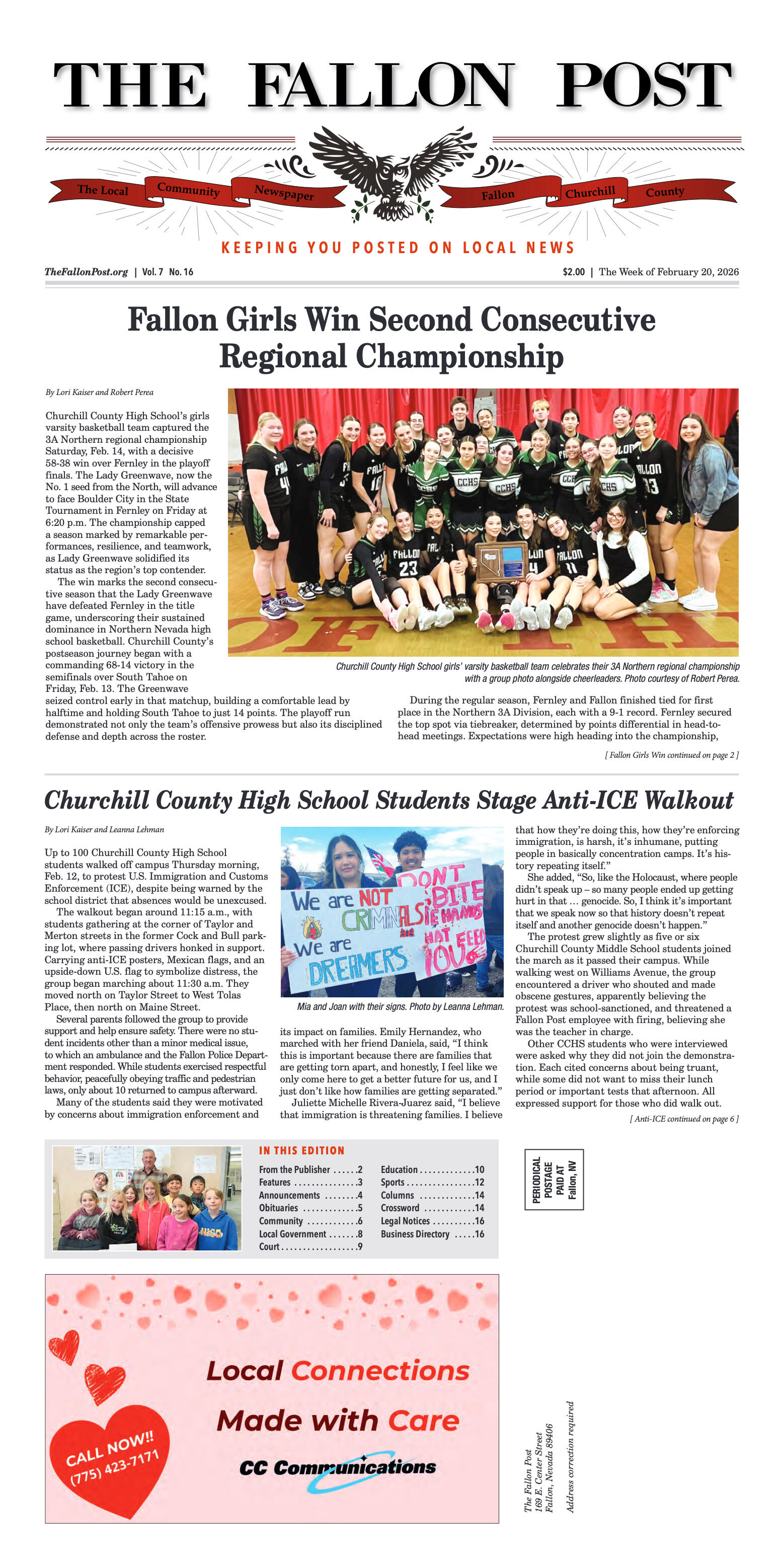
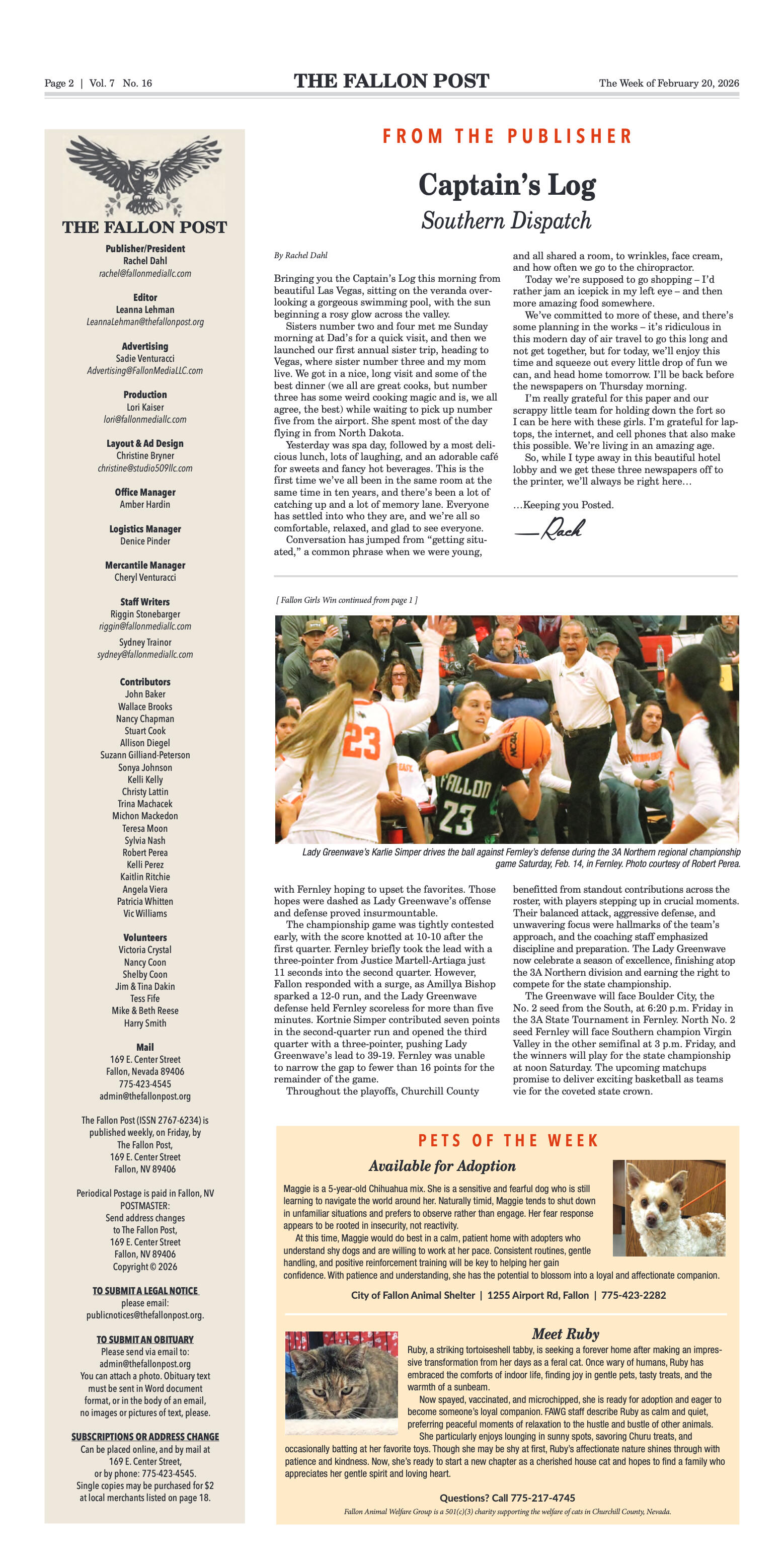
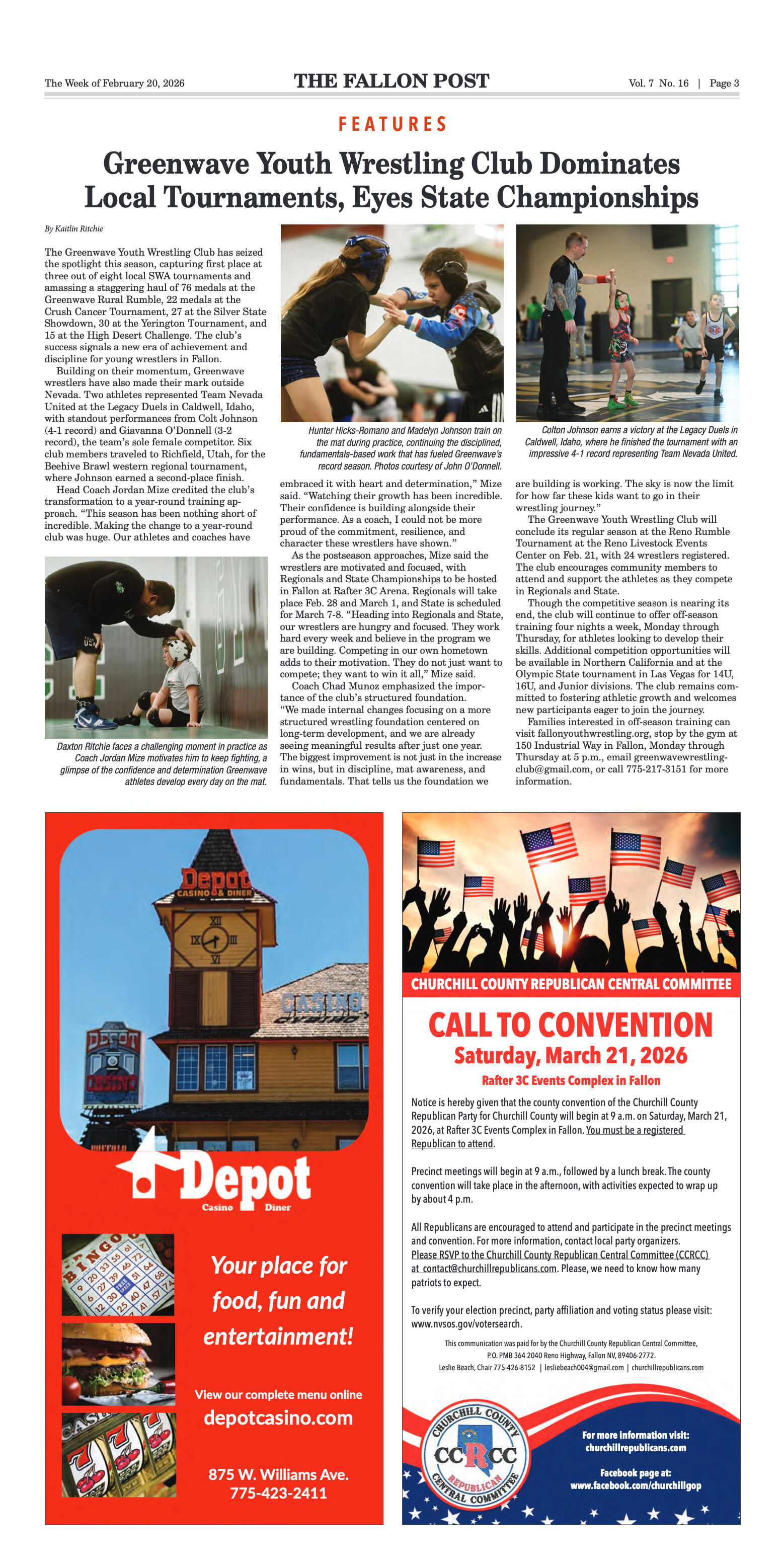
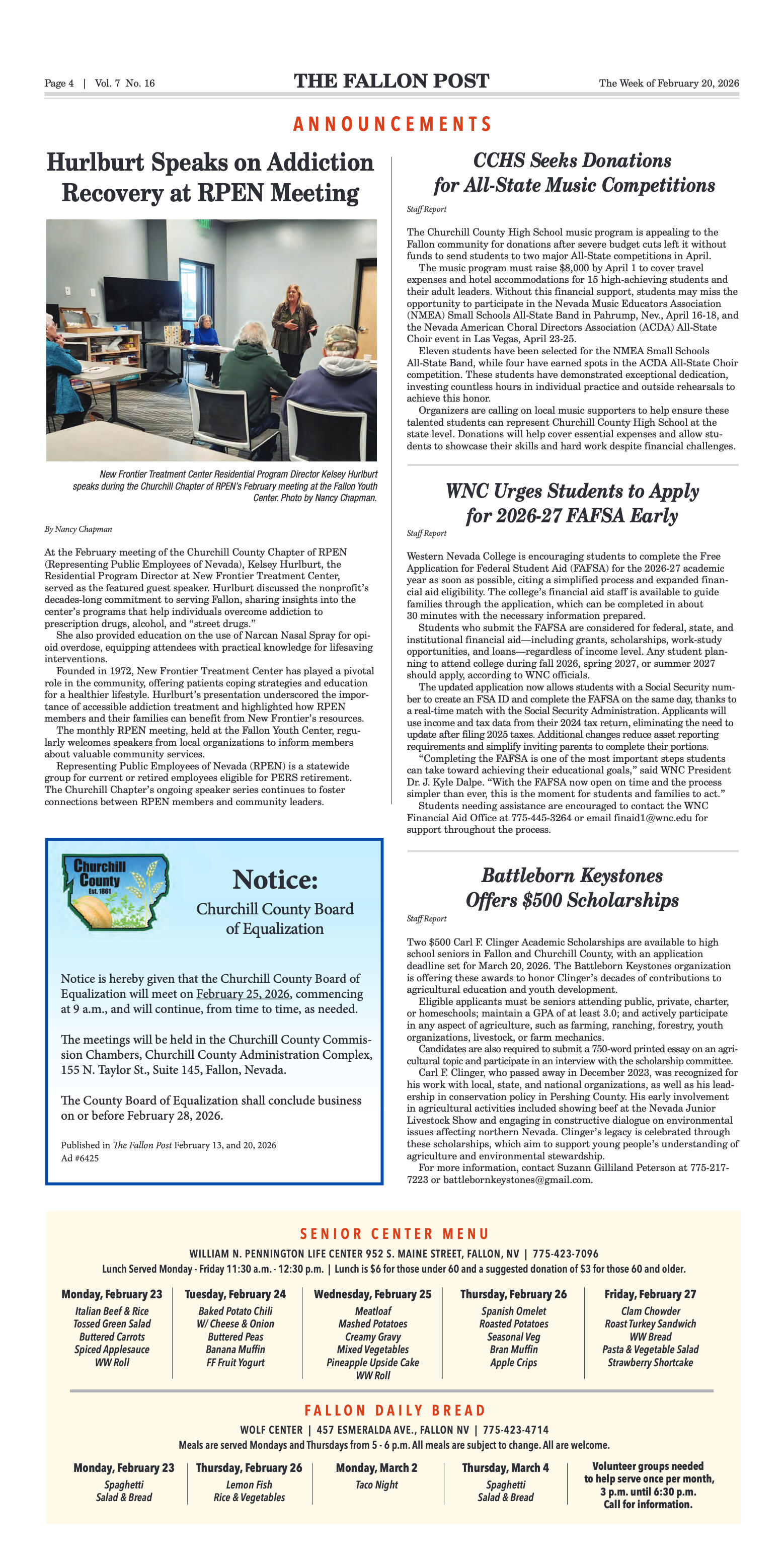
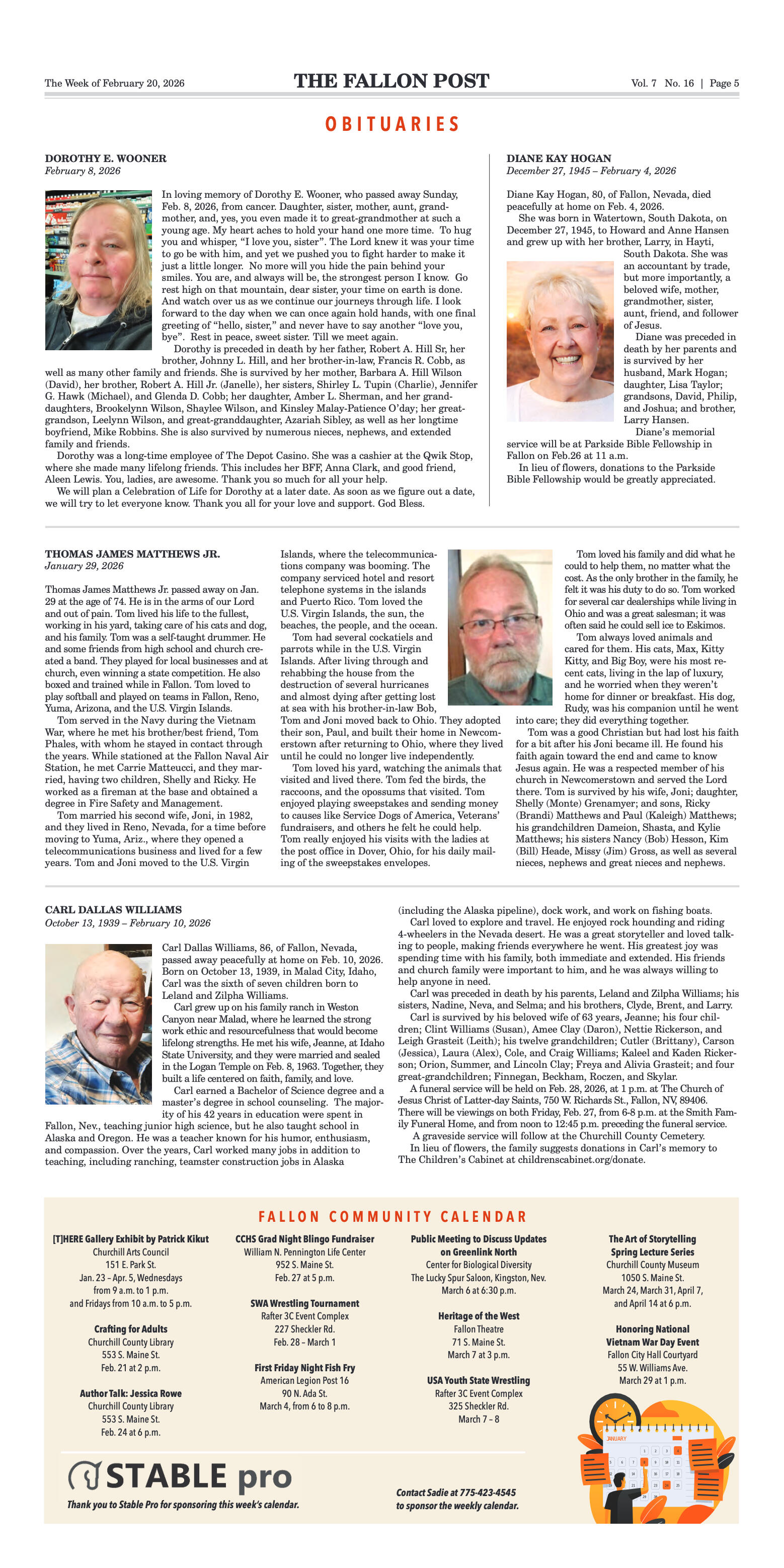
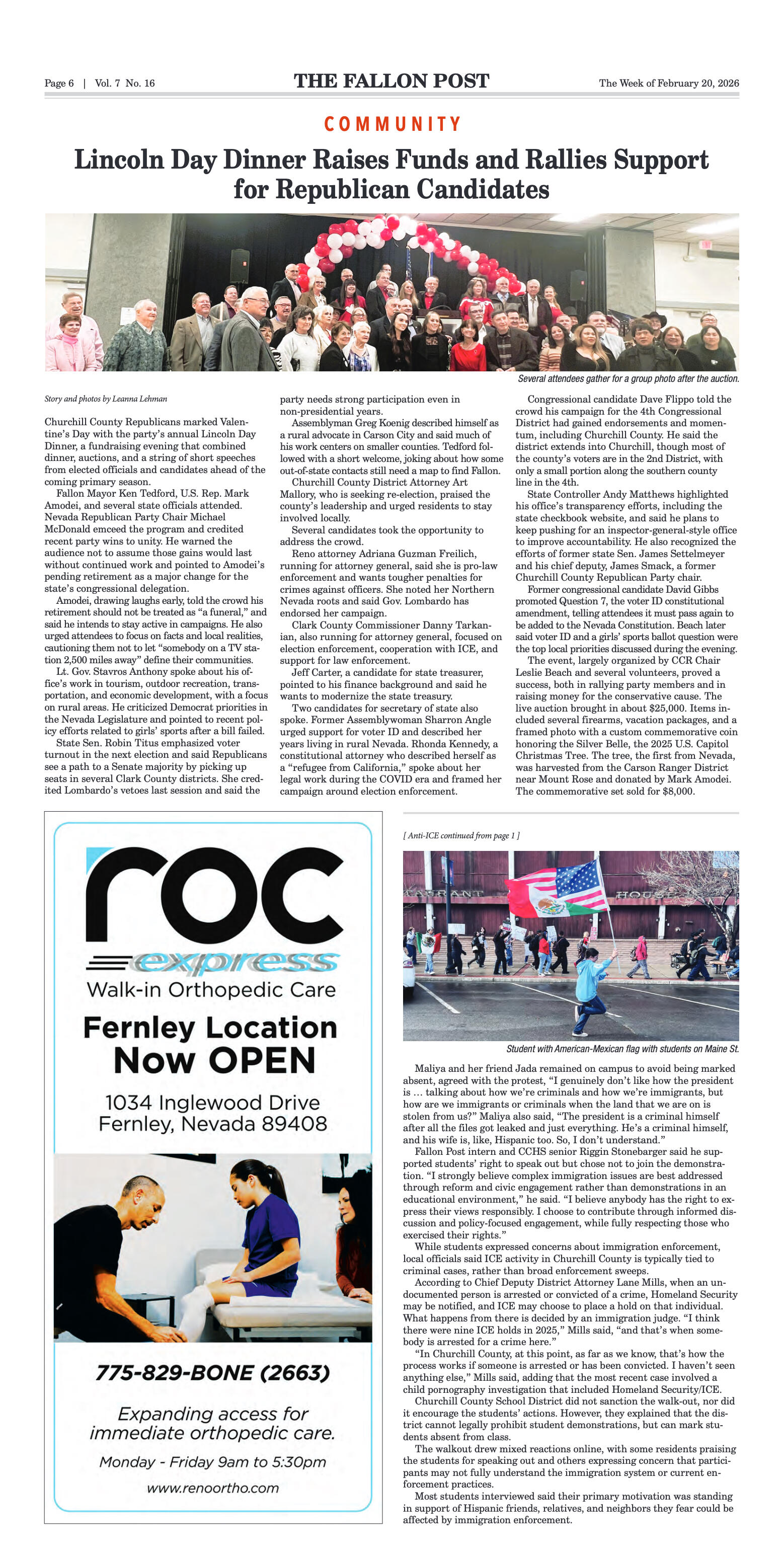

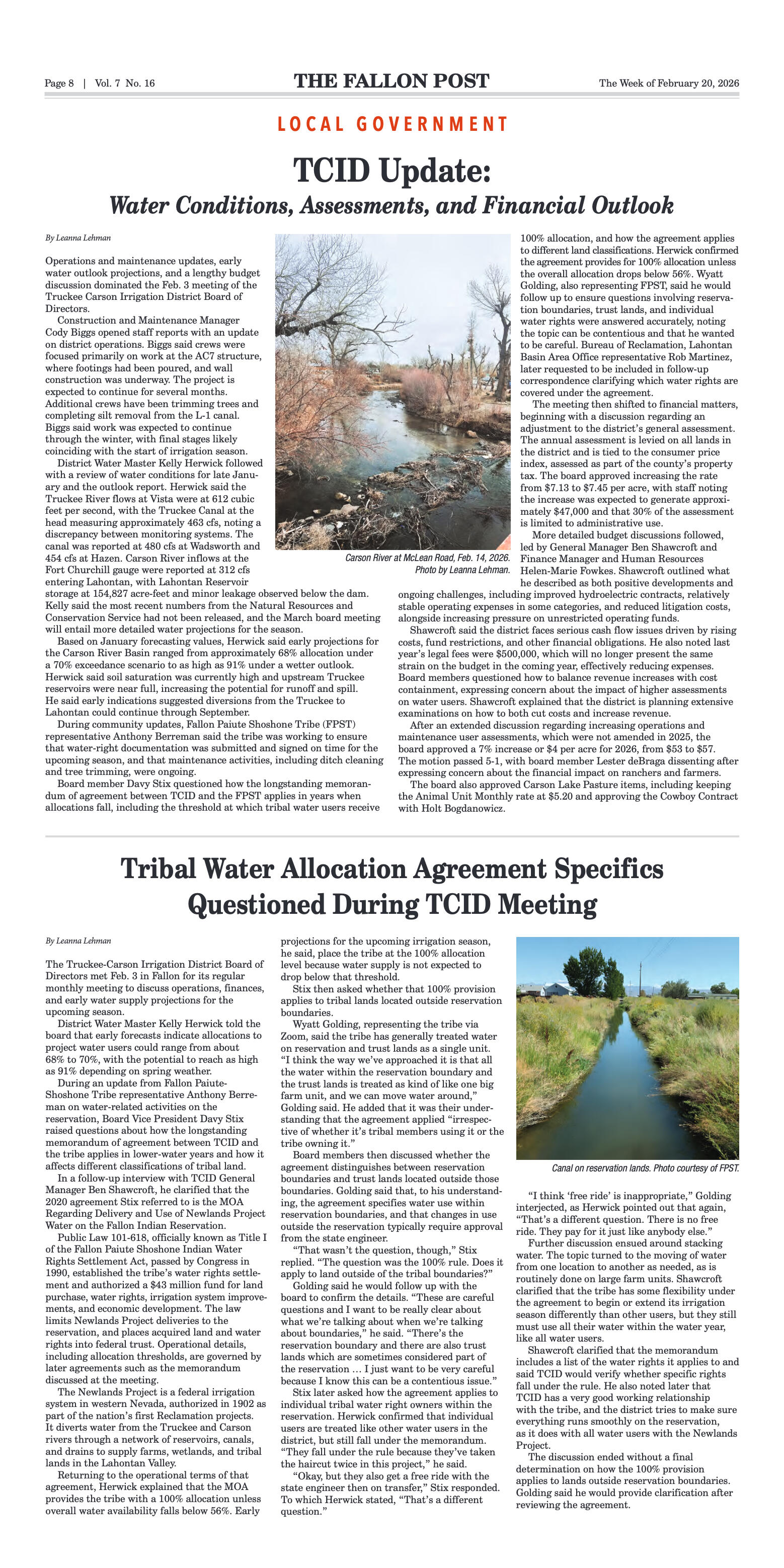
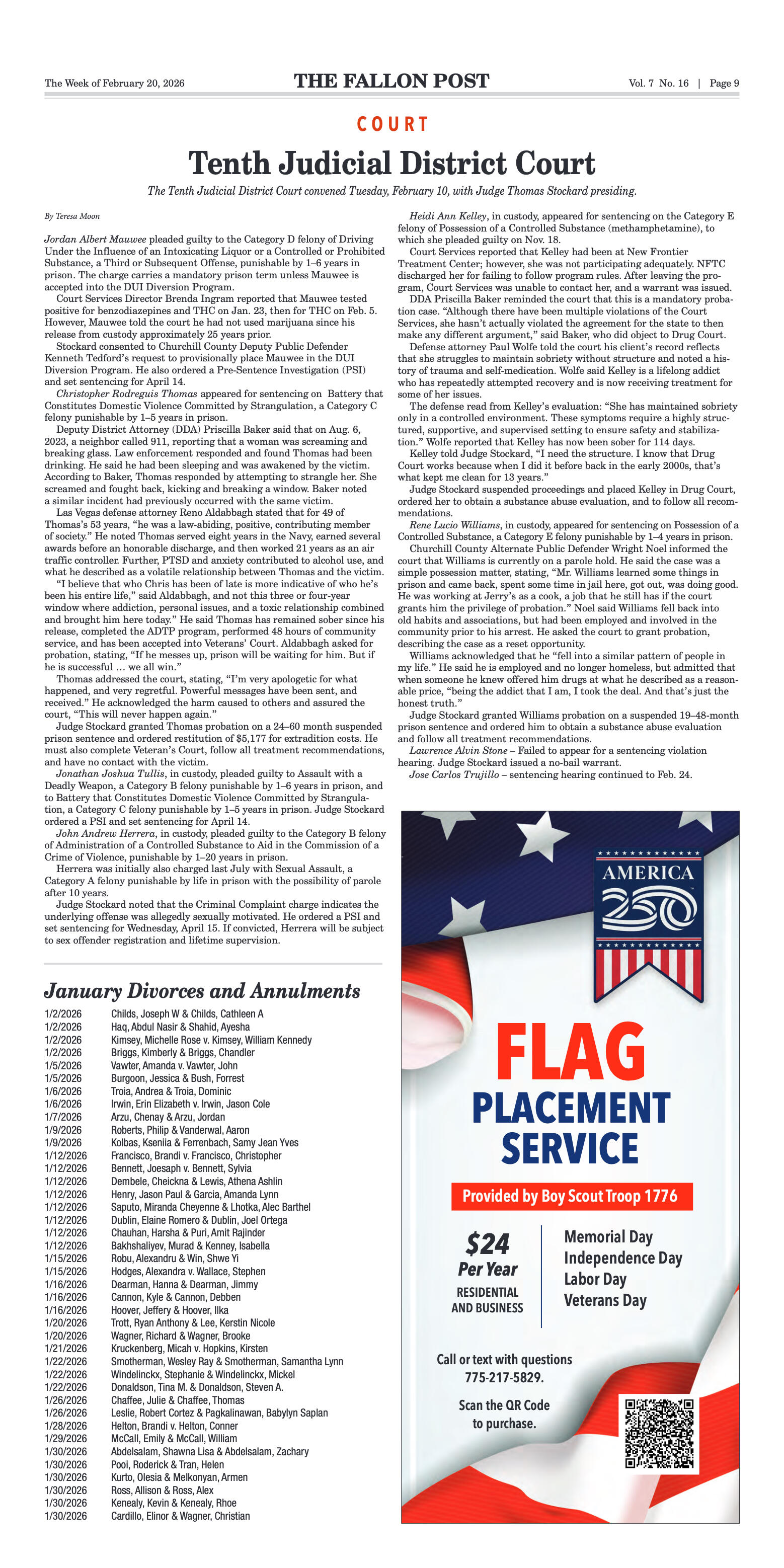
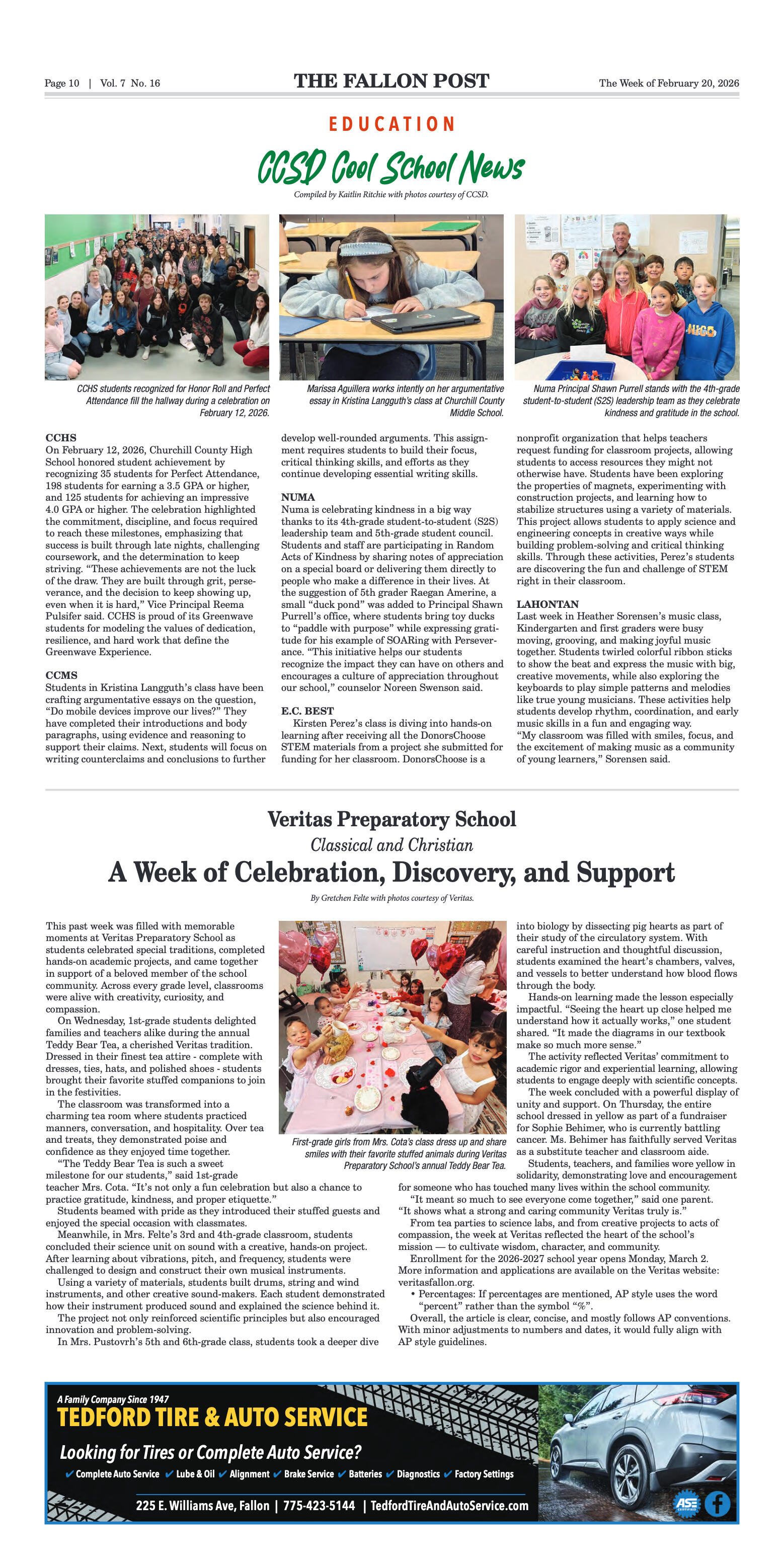
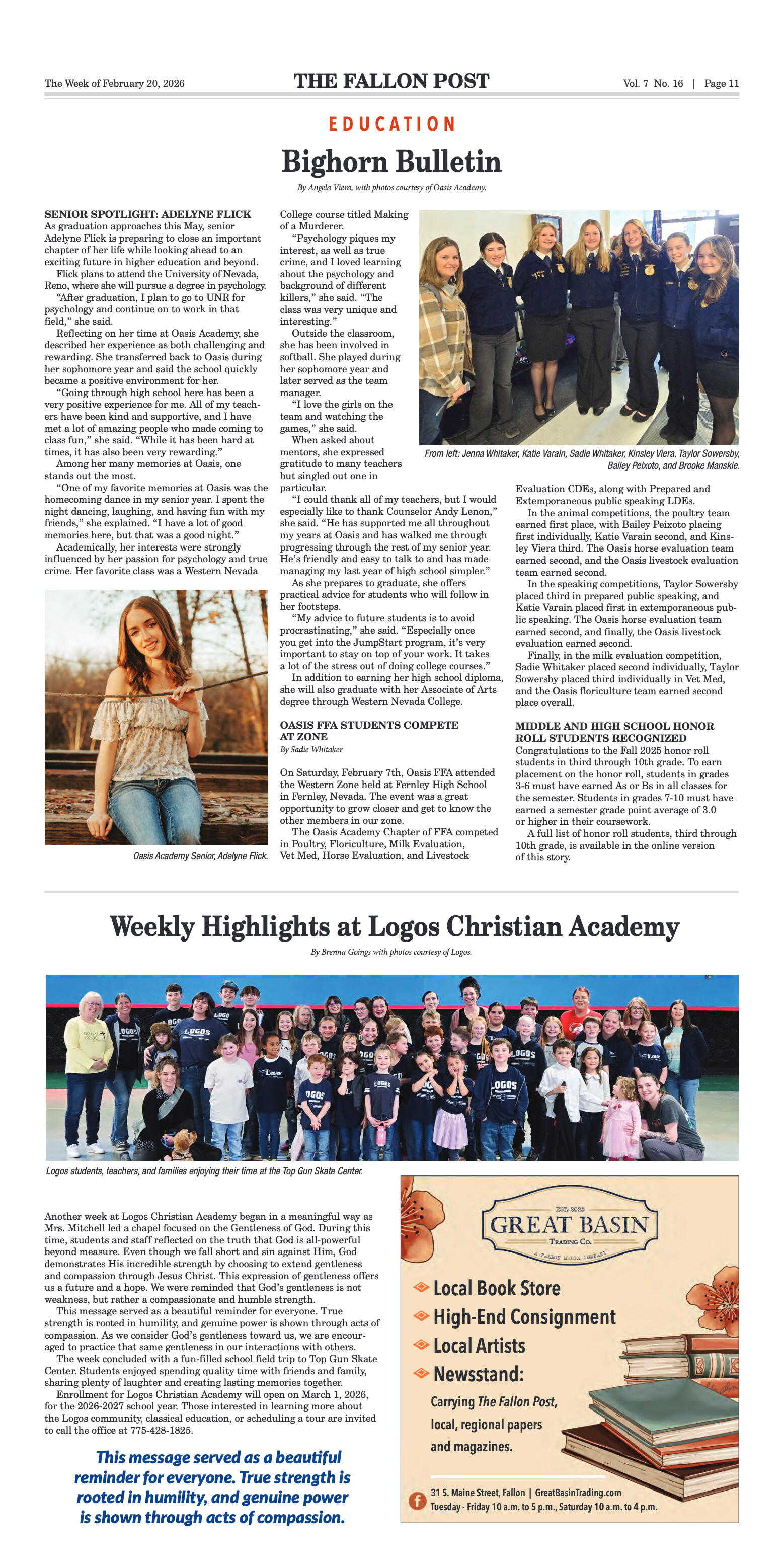
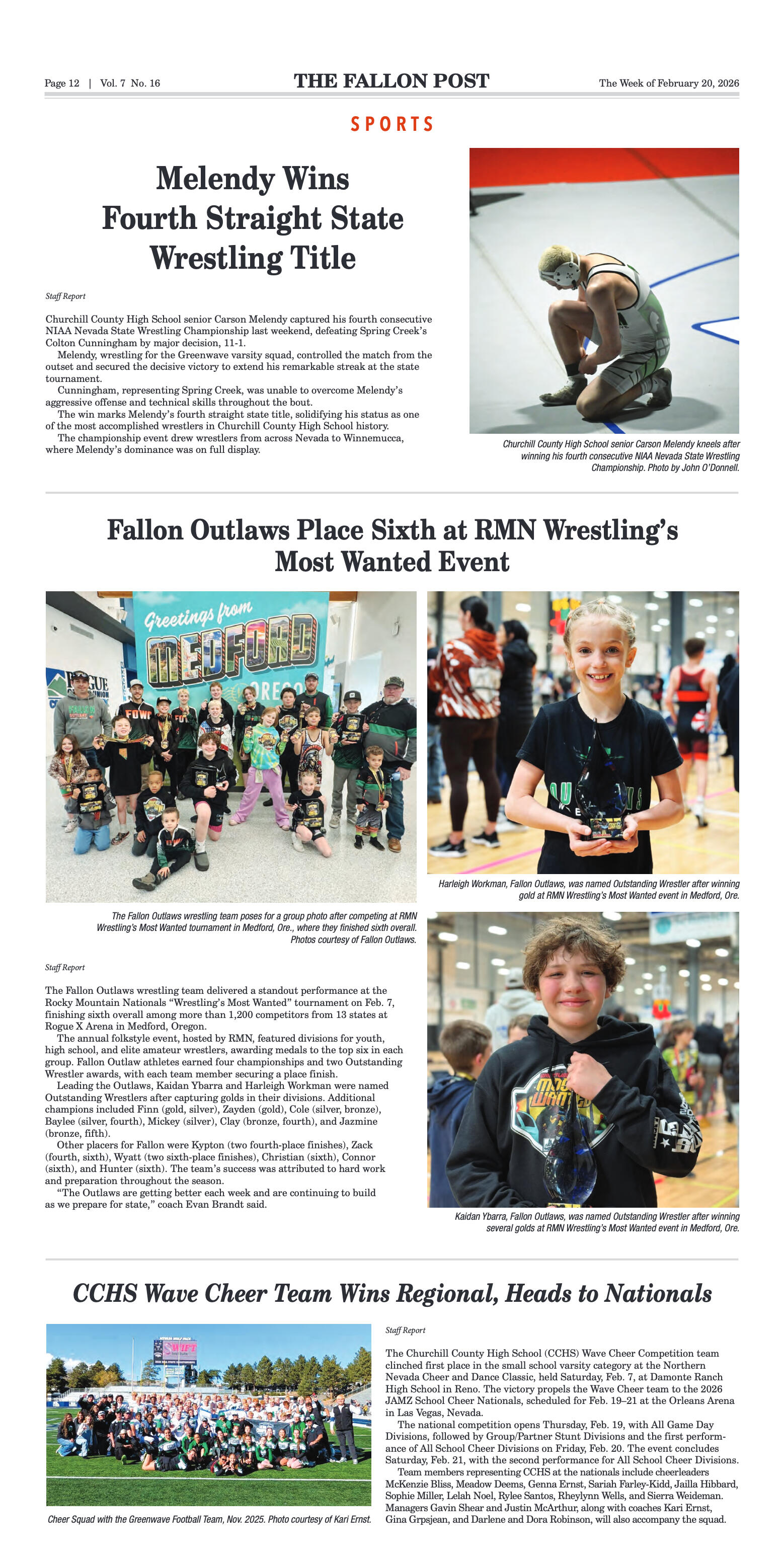
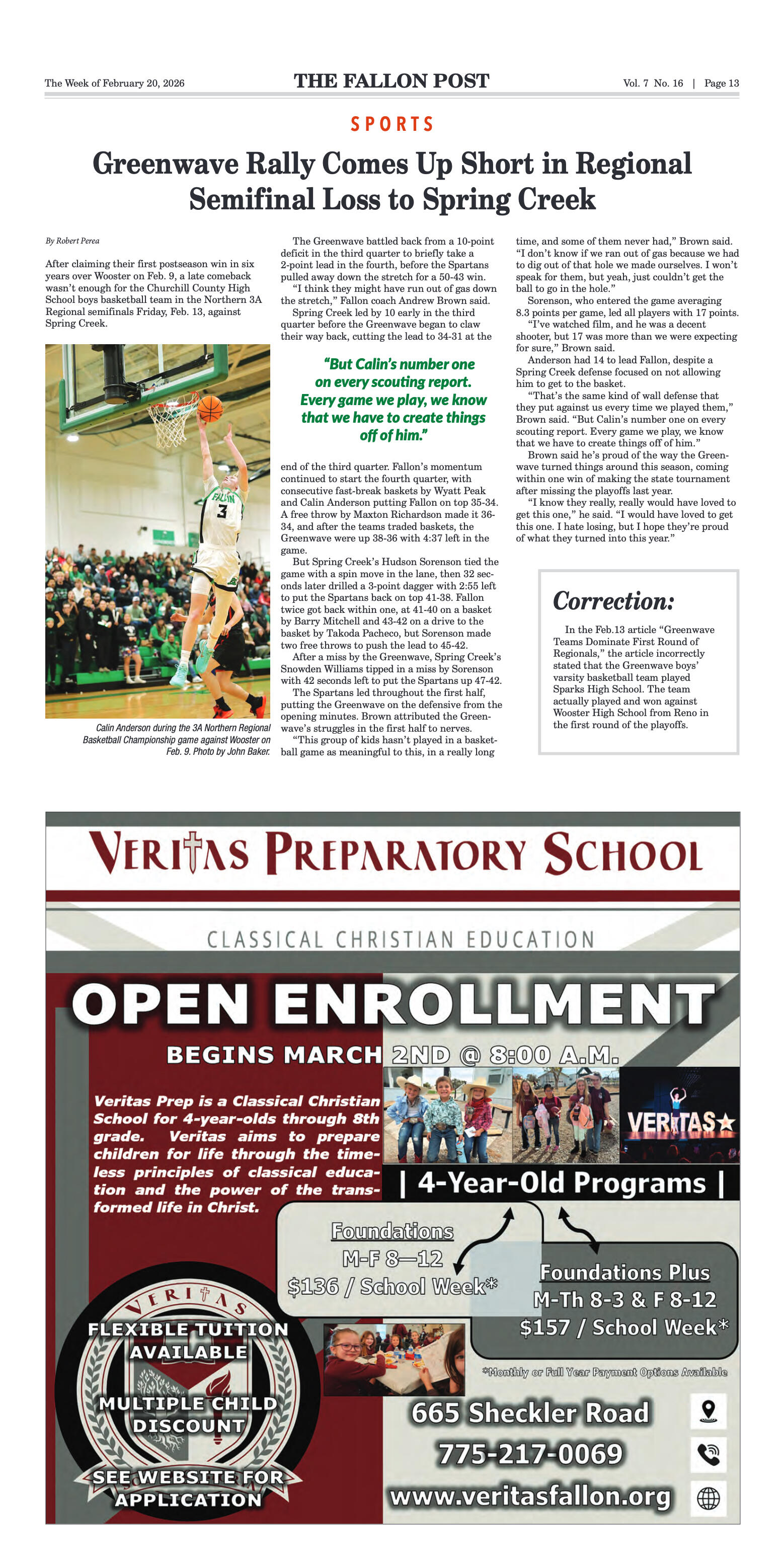
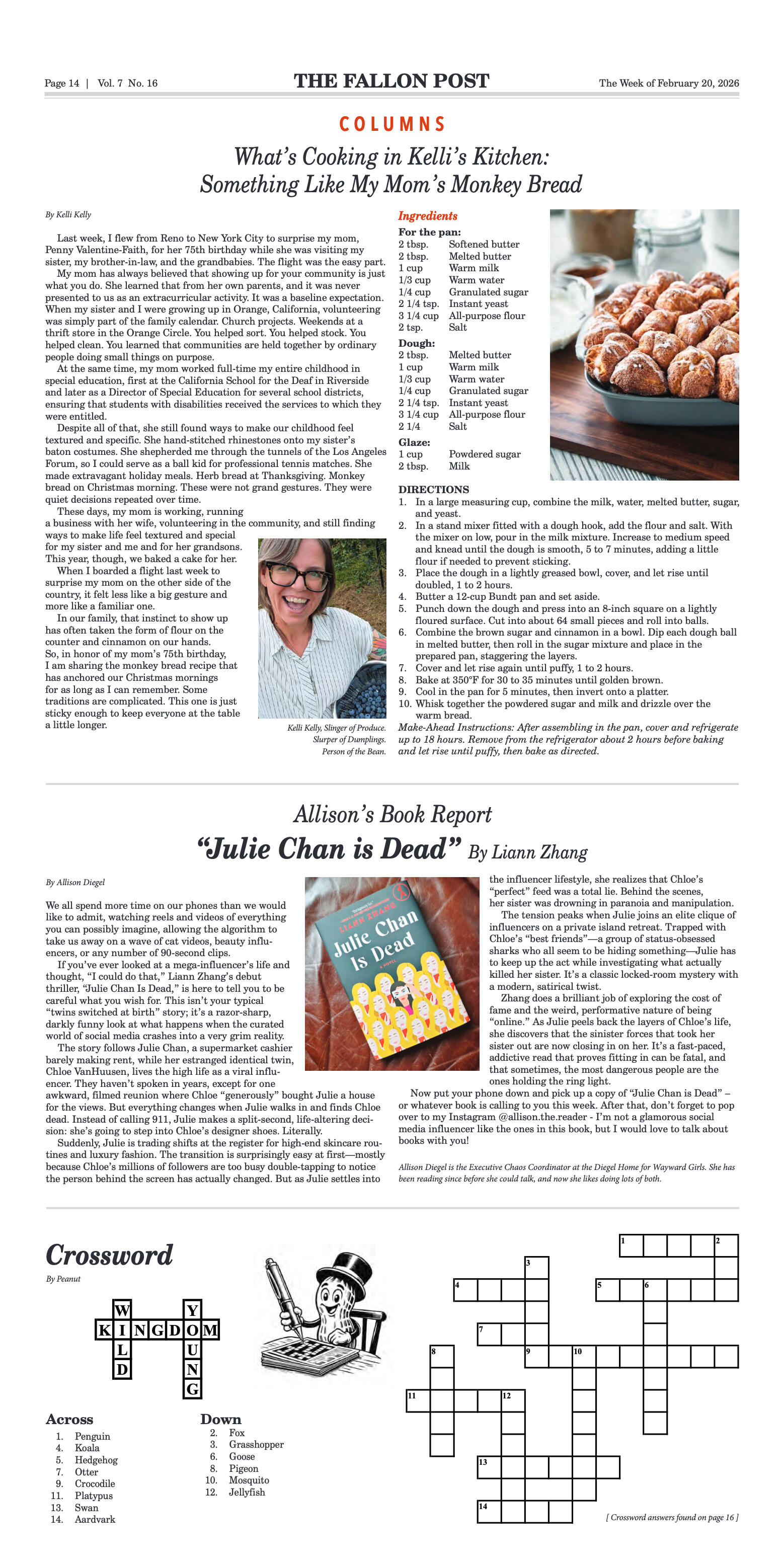
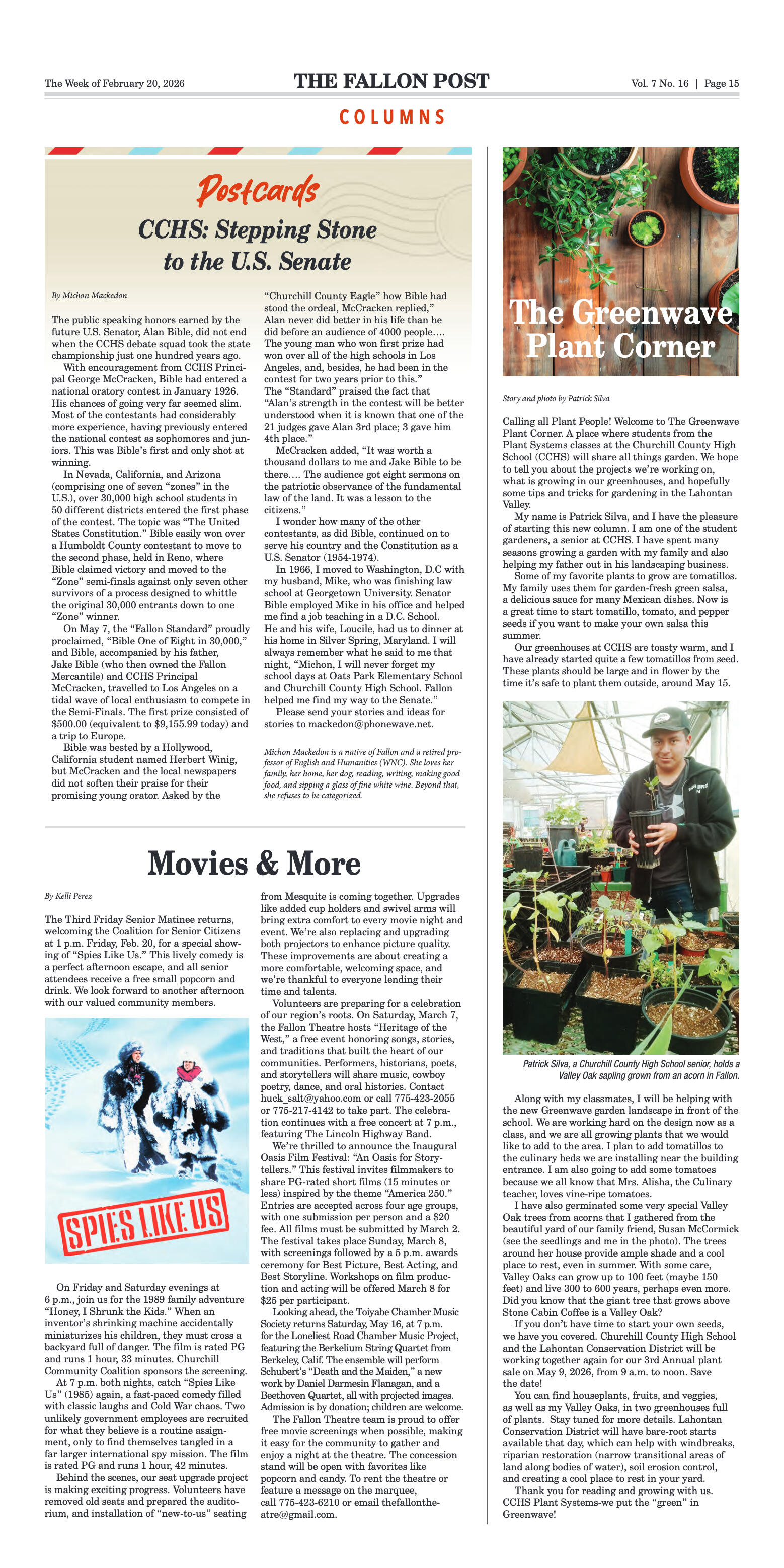
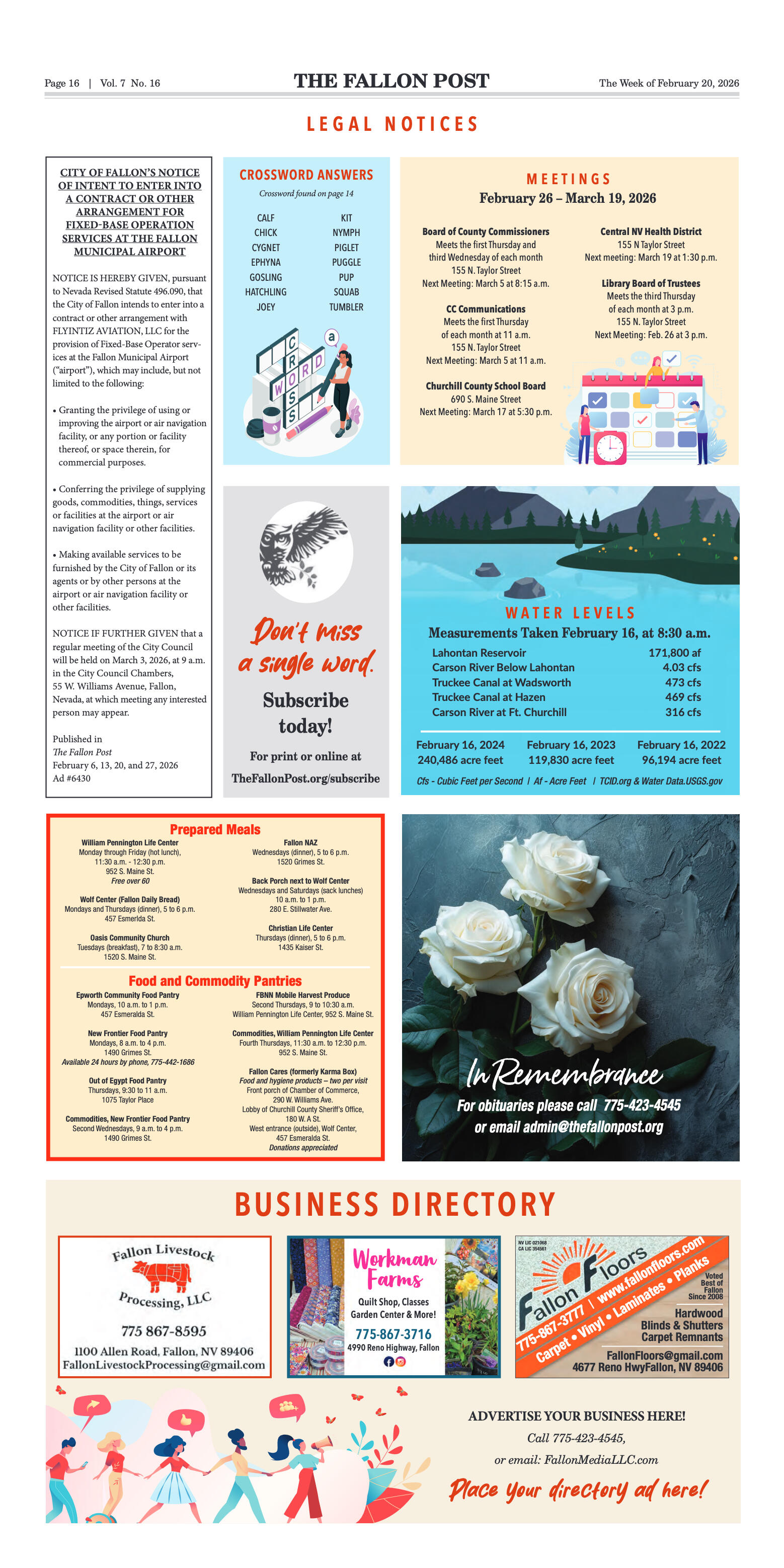

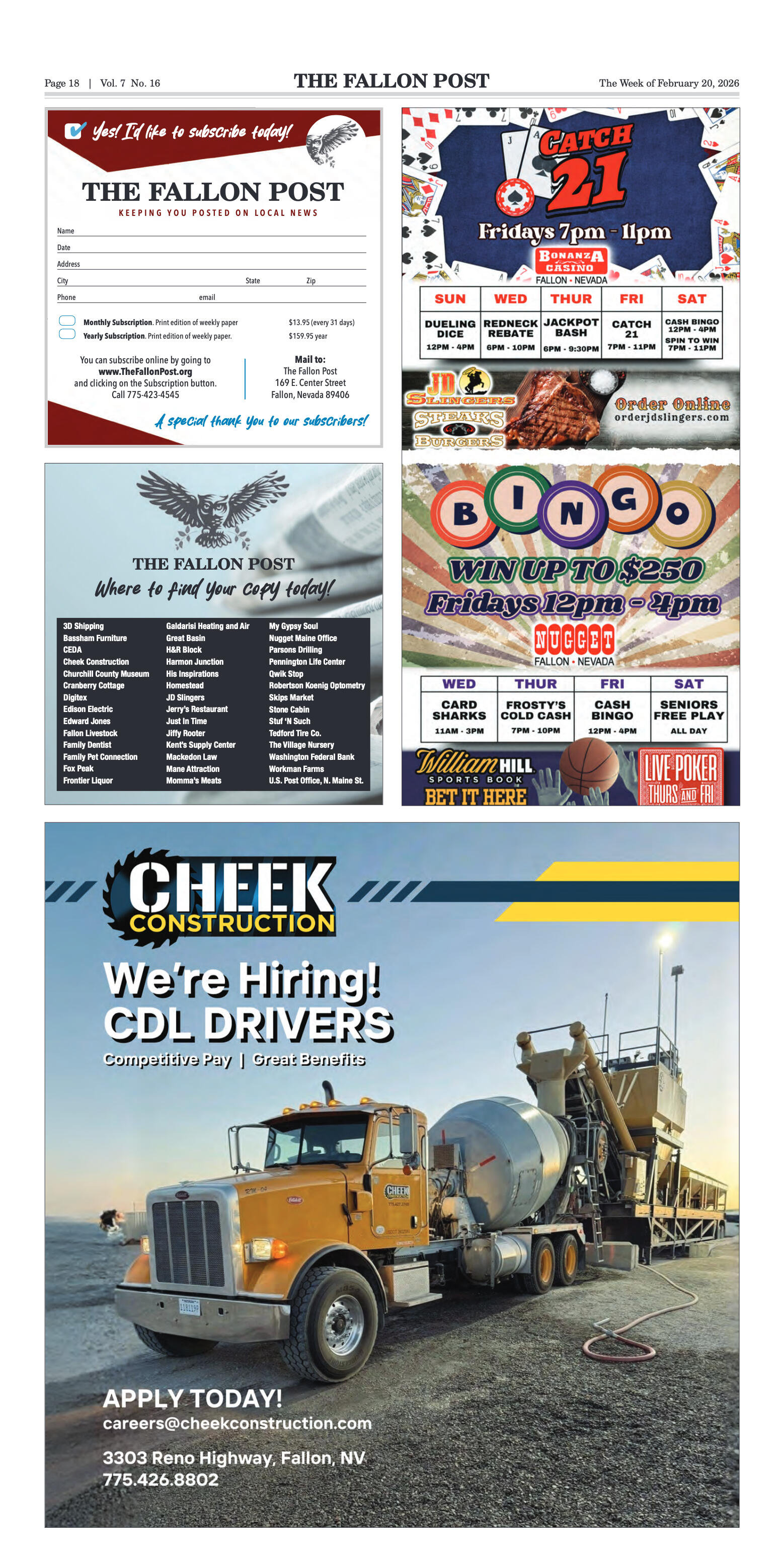
























Comment
Comments